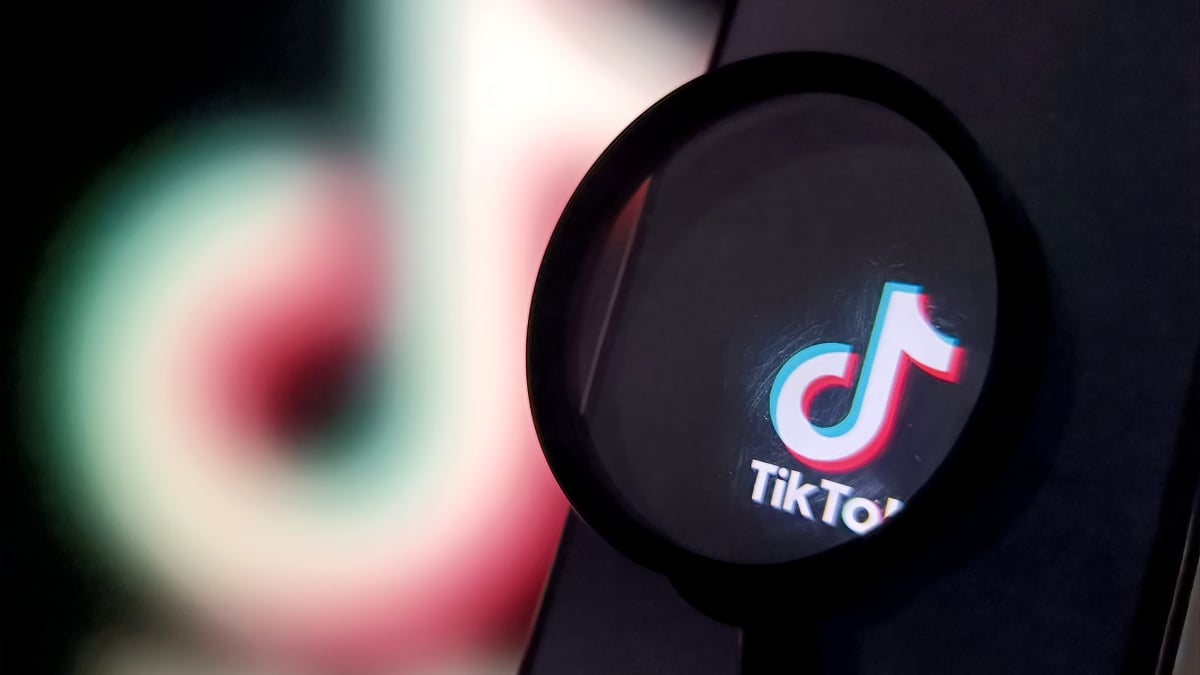TikTok’s ongoing legal challenges have intensified, with 13 states and the District of Columbia recently filing new lawsuits. These lawsuits assert that TikTok’s “addictive algorithm” operates as part of a profit-oriented model that negatively impacts children.
The legal claims, submitted by various states on Tuesday, charge TikTok with misleading advertisements concerning its content moderation and safety protocols for minors. The lawsuits argue that TikTok’s intentionally engaging software encourages children to continuously view videos, which is linked to detrimental effects on mental health, body image, and safety risks associated with viral TikTok challenges.
New York Attorney General Letitia James emphasized in a statement: “TikTok claims that their platform is safe for young people, but that is far from true. In New York and across the nation, young people have been injured or even lost their lives due to perilous TikTok challenges, with many others experiencing heightened feelings of sadness, anxiety, and depression owing to TikTok’s addictive characteristics.”
California Attorney General Rob Bonta indicated that an investigation by the state revealed “TikTok cultivates social media addiction to boost corporate profits.” Bonta asserted that the platform “deliberately targets children” as they lack the necessary defenses to establish healthy boundaries with addictive content.
Washington DC’s lawsuit further accuses TikTok of running an unlicensed money transmission operation through its live-streaming and virtual currency functionalities, as reported by Reuters. These features allegedly facilitate the sexual exploitation of minors. Multiple states, including Illinois, Kentucky, Louisiana, Massachusetts, Mississippi, New Jersey, North Carolina, Oregon, South Carolina, Vermont, and Washington, have joined in this legal action against TikTok.
Just days before, Texas launched its own lawsuit against the China-based social media giant. The claims allege violations of the state’s Securing Children Online through Parental Empowerment Act, citing inadequate privacy settings for minor accounts and indiscriminate advertising targeting them. Additionally, in August, the U.S. Justice Department took action against TikTok for purportedly breaching the Children’s Online Privacy Protection Act (COPPA), which mandates parental consent before collecting personal data from children under 13.
These recent filings represent another significant legal hurdle for TikTok, following a 2022 investigation that scrutinized the company’s role in fostering an harmful online environment for youth.
Other social media platforms have similarly faced scrutiny for compromising the mental health and safety of their users. Just last week, New Mexico filed a lawsuit against Snap (the parent company of Snapchat), accusing it of deceptive marketing practices aimed at children despite existing concerns about grooming and sexual scams targeting minors. The state has also pursued legal actions against various other websites. Furthermore, Meta (the parent company of Instagram and Facebook) has encountered multiple lawsuits, including several implicating CEO Mark Zuckerberg.
Discover more from Marki Mugan
Subscribe to get the latest posts sent to your email.









